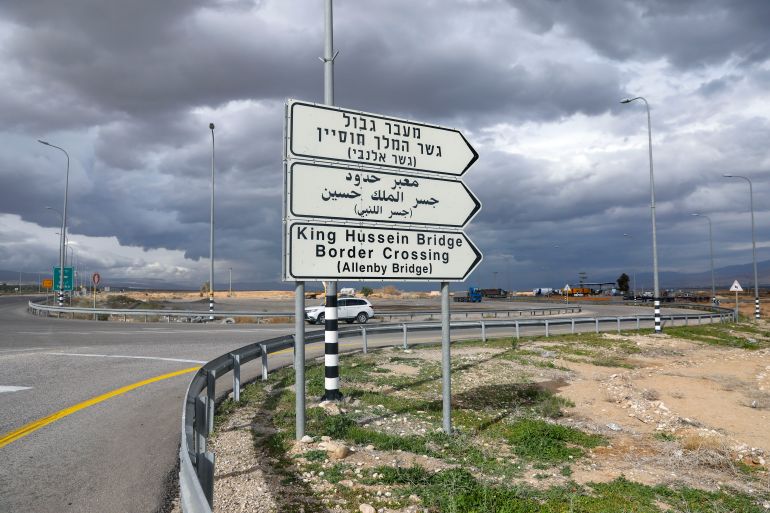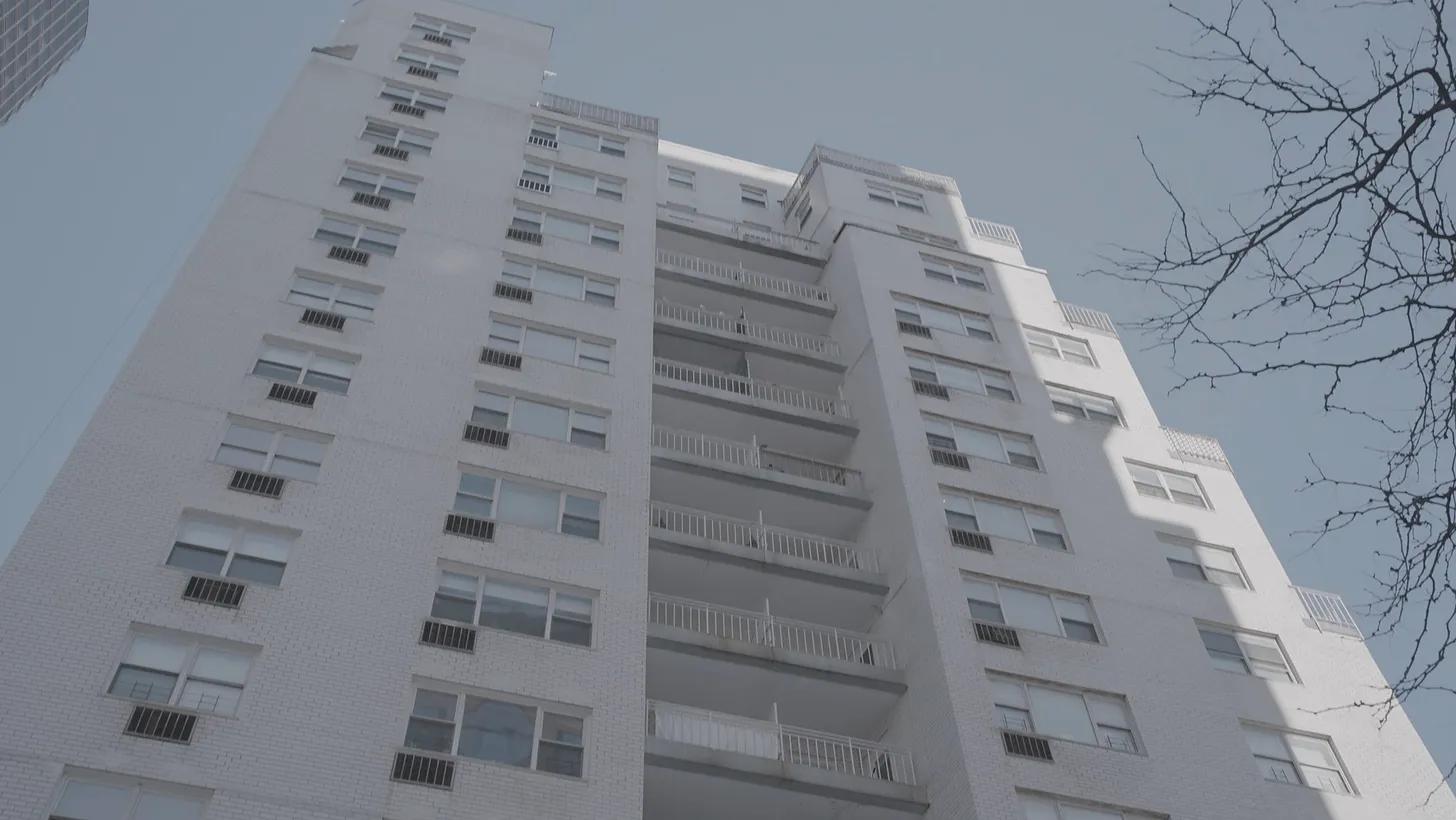 The IDF's Civil Administration destroyed a Palestinian village Monday morning that had earlier been cleared out when its water supply was cut off.
The IDF's Civil Administration destroyed a Palestinian village Monday morning that had earlier been cleared out when its water supply was cut off.
The IDF demolished about 55 structures in the West Bank village of Farasiya, including tents, tin shacks, plastic and straw huts, clay ovens, sheep pens and bathrooms. These structures served the 120 farmers, hired workers and their families who lived in the Jordan Valley village.
The Civil Administration said they had declared the area a live fire zone and posted eviction orders for 10 families in tents on June 27. "Since no appeal was filed in the following three weeks, and given the danger posed by the location of the tents, they were removed," they said in response.
The villagers made a living by sheep farming and working land owned by families in the town of Tubas. Some of them have been living in Farasiya for decades. A packaging warehouse that was built together with Agrexco in the late 1970s was also torn down.
Atef Abu al-Rob, a photographer for the Israeli human rights group B'Tselem, who arrived at the village hours after the demolition, said mattresses, pipes and broken furniture were lying on the ground in the debris.
Since 1967, Israel has prevented Palestinian communities in the Jordan Valley from growing, whether by cutting off their water supply, declaring large areas as live fire zones or banning all construction.
About a year ago the IDF set up hundreds of warning signs near Palestinian farming communities, marking them closed military areas. Such a sign was set up at the entrance to Farasiya.
The families had recently been forced to leave the village when the Israeli authorities cut it off from its water sources, said the popular committees' coordinator in the valley, Fathi Hadirat. The villagers were forbidden to use the water wells the Mekorot Water Company had dug in the area.





 For decades, the “alternative homeland” – the notion that Jordan should become the Palestinian state –...
For decades, the “alternative homeland” – the notion that Jordan should become the Palestinian state –... Dozens of world leaders and national delegations will meet in Washington DC on Thursday for the...
Dozens of world leaders and national delegations will meet in Washington DC on Thursday for the... The Israeli government installed security equipment and controlled access to a Manhattan apartment building managed by...
The Israeli government installed security equipment and controlled access to a Manhattan apartment building managed by... Sen. Lindsey Graham has been accused of derailing a diplomatic meeting in Munich with an expletive-laden...
Sen. Lindsey Graham has been accused of derailing a diplomatic meeting in Munich with an expletive-laden...






























